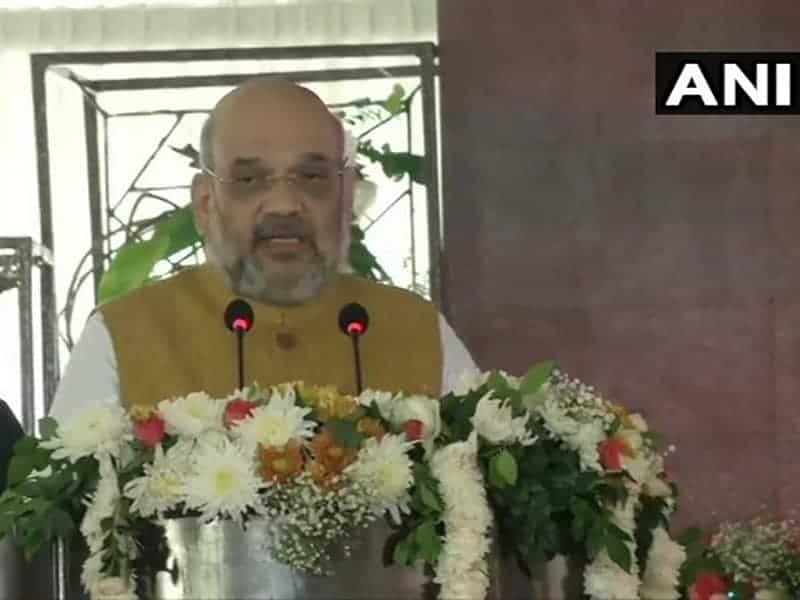New Delhi: The Ministry of Home Affairs (MHA) is trying to convince the states and union territories to outsource the service of issuing summons as most of them were found to be reluctant to start this initiative, sources said on Thursday.
In India, the ‘only’ job of over 1 lakh police personnel is to serve summons – a document issued by the court to appear before a judge or magistrate, or the writ containing such an order – to defendant across the country.
In order to maximize police efficiency, the ministry had proposed before the states and union territories to outsource this non-core function like issuing summons to other government or private agencies under the SMART police program and policy reforms. But most of the states are reluctant to do that.
As per the latest status report reviewed by IANS, Bihar, Mizoram, Meghalaya, Goa, Gujarat, and Maharashtra are still looking into the ministry’s proposal and have not yet taken a view on the issue.
Nagaland, Uttarakhand, Tripura, Sikkim, Manipur, Chandigarh, Dadra & Nagar Haveli, Jammu and Kashmir, and Punjab have agreed to the proposal but are reluctant to implement it. Whereas Himachal Pradesh and Madhya Pradesh have implemented it, Tamil Nadu is partially implementing it through community policing initiatives.
Interestingly, Delhi, Uttar Pradesh, Chhattisgarh, Andaman and Nicobar Islands, and others have not yet arrived at a decision on the home ministry’s proposal.
For efficient policing, there is a need for the police force to restrict themselves to core functions.
The fifth report of the Second Administrative Reforms Commission prepared by the Department of Administrative Reforms and Public Grievances has suggested that functions like serving court’s summons, antecedents and addresses verification for passport applications or job verifications and others can be outsourced to private agents or government departments. These measures will help reduce the workload of the police.
The ministry took this step to outsource the non-core functions after Prime Minister Narendra Modi stressed upon police reforms when he came to power in 2014. Even after lapse of five years, the ministry has not been able to bring the state police on board on the issue.
Outsourcing of police functions can be done through public-private partnerships. It is being practiced in many countries, including the US and the UK, and India needs to start the process.
A senior IPS officer said, “For many duties, police do not require specialized skills or trained manpower. For such tasks and duties, outsourcing could prove to be an effective solution which will help to ease stress and reduce corruption in the force.”
Interestingly, the Ministry of External Affairs (MEA) is engaged to serve summons to individuals living outside India and it has engaged private players efficiently and effectively to streamline the issuance of passport.

